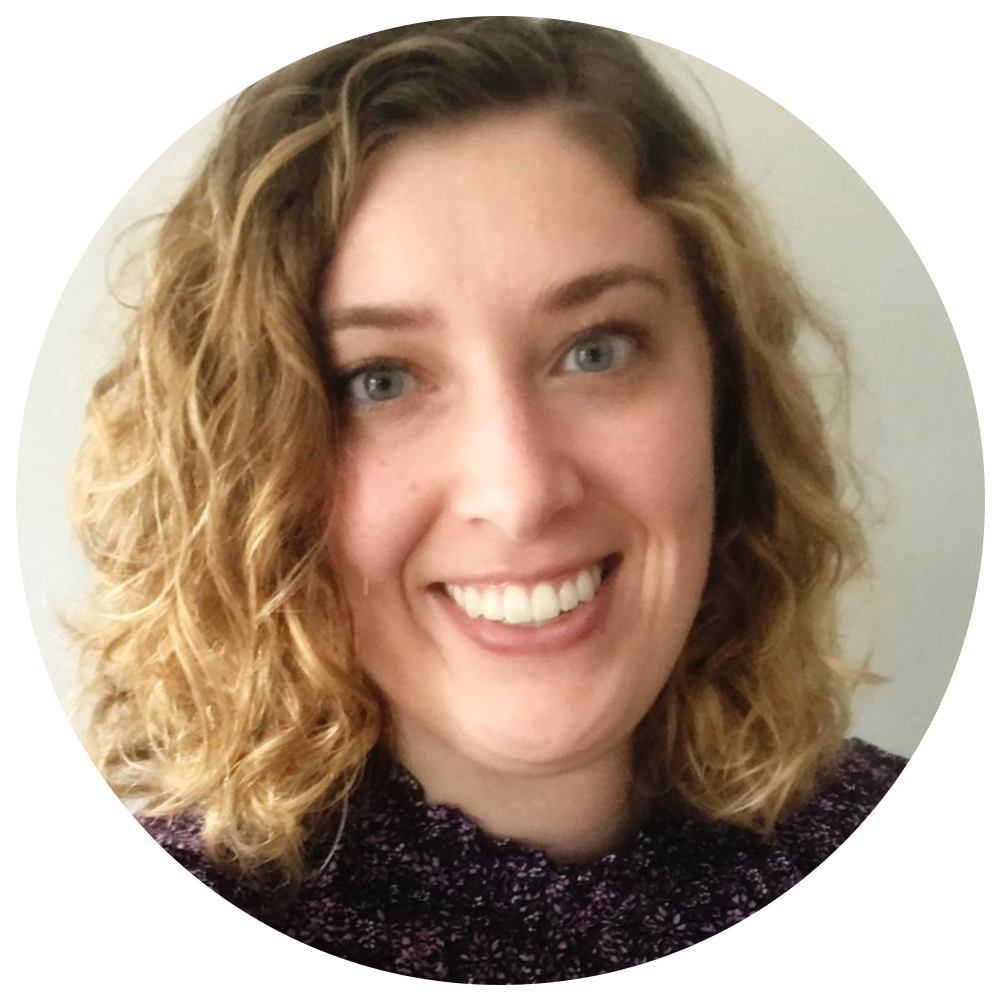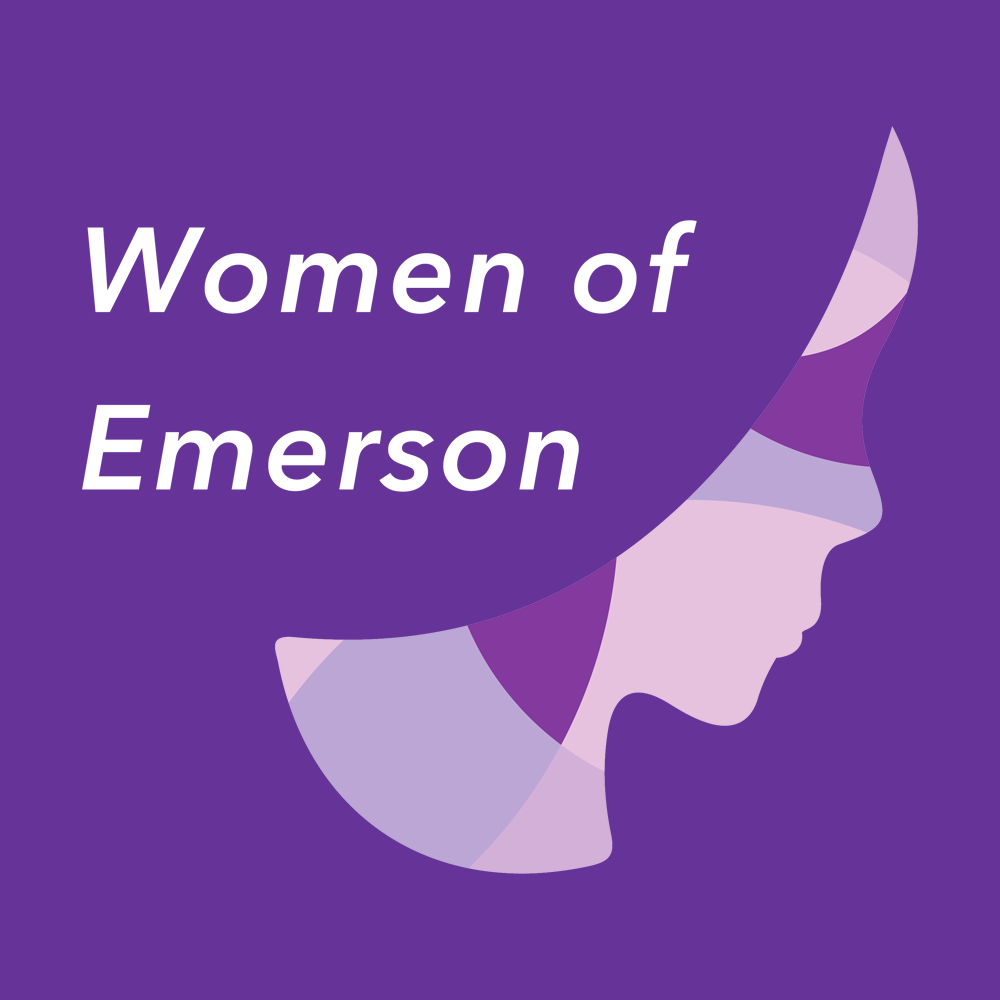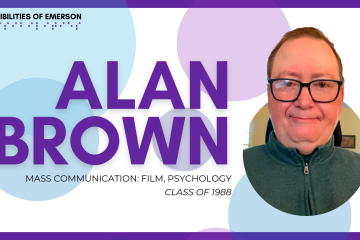Charlotte Slota graduated from Emerson College in 2017 with her bachelor’s degree in writing, literature, and publishing. She is currently the assistant director of stewardship and donor engagement at Boston College, where she is also completing her master’s degree in higher education administration. Her research interests focus on barriers to student access and retention, as well as underrepresented alumni engagement and philanthropy. In addition to her professional and academic commitments at Boston College, she is also a fundraising ambassador for the Boston chapter of the Young Nonprofit Professionals Network.

What are the things that drive or motivate you the most in your work?
“It’s important in the field of fundraising and donor relations to believe in the work that you are supporting. I can honestly say that I believe in Boston College’s mission, which focuses on the values of social justice, formative education, and service. BC students are taught to think critically about the impact that they want to have in the world, and it’s been incredibly motivating to witness this call to service in action. Not only do I bear witness to it, but I am in a position where I can share these inspiring stories with the greater BC community by writing about them in donor reports and other communications.
During my undergraduate career, I was searching for a way to connect my passion for writing to my desire to help others, and I was able to find that intersection in my current position. Many of our students would not be able to receive a BC education without donor-established scholarships, and I believe that my role plays an important part in securing resources for the University in support of financial aid and other academic initiatives. I feel fortunate to work at an institution where many of my own personal values are shared, and I can see them being lived out in a very tangible way. To me, that has been an important motivator in my work that has sustained me during the more challenging moments. I think most of all, I am driven by the stories shared by our students; my favorite days are the ones where I get to interact with them, and learn more about their personal journeys and the difference that they hope to one day make in the world.”
“Self-care” was the HUGE buzzword for 2020, especially for those, many of whom were women, that were disproportionately impacted by Covid-19. What do you think self-care will mean for you in 2021?
“In 2021, I am trying to be kinder to myself. When the pandemic first began, I felt a lot of pressure to continue performing at the same caliber, which in many ways was unrealistic. Over the course of the last year and going into 2021, I have reset my expectations for my professional day-to-day. It’s not helpful for anyone to work themselves into the ground, and I think that this pandemic has been a reminder of how important it is to take care of your mental health. Small steps can make a big difference, like actually taking your lunch break so you can go for a walk, or using a vacation day to catch up on sleep. I’m trying to let go of this internal pressure to do it all and constantly perform at 110-percent, because it’s just not sustainable. This pandemic has created mass trauma, and we all need to take time to heal.
On a lighter note, self-care for me has always been linked to my writing, and I am making a renewed commitment to focus on it once I graduate from my master’s program in May. I am hoping to reconnect with my creative side, feel a bit more inspired, and start writing again this summer.”
We have a Madam VP now! Do we still need Women’s History Month?!
“The short answer is yes! Representation is so important and we need to continue increasing the visibility and celebration of the women who came before us, and paved the way in our respective industries.
In my field of higher education, I’ve had the opportunity to conduct research in my graduate program on representation in the college curriculum, and studies show that it does have a positive impact on student learning and development. Students who engage in a curriculum that is centered on women’s voices and experiences are more likely to possess an increased understanding of gender identity and privilege; growing confidence in their own voice and sense of empowerment; and a greater ability to understand and engage with different perspectives. If these outcomes can happen on an institutional level within the bounds of higher education, one can only imagine what this could mean for society as a whole.
To me, Women’s History Month is all about celebrating the diverse experiences of women, and I think we should continue to do that even when we one day have a madam president. The reality is that gender inequities continue to persist in our country. One only needs to look at the gender wage gap, which is even greater for women of color, as confirmation of this fact. While we have come a long way, there is still work that needs to be done, and I think representation is an important part of accomplishing continued progress in this area.”
There is so much content out there. What career advice for women have you heard/read/listened to that you really valued?
“I was fortunate to have a manager early on in my career who was (and still is) a mentor to me. At least once a week, she would tell me that I had good instincts and I needed to trust them. As a young professional, it was really important for me to hear that, and now I find myself remembering that advice whenever I feel self-doubt creeping in. I think women especially have a habit of second guessing ourselves in a way that I’m not sure our male colleagues do. For me, this manifests mostly in meetings when I have an idea that I don’t feel totally confident sharing. I’ve had to work on developing my assertiveness so that I can be an active participant in meetings, and take more initiative on my team.
Whenever you have a seat at the table, you need to take advantage of the opportunity to give your input. For the most part, there are no bad ideas, especially in an environment where everyone is brainstorming. Our instincts tell us many things, including when we need to speak up or how to best handle a situation. In those moments, I would encourage listening to those instincts and putting yourself out there. It’s a great way to build your confidence and find your voice.”
What role did Emerson play in preparing you for your career?
“The creative culture at Emerson fostered a collaborative spirit in me, which I bring to my work at Boston College. In my role, I’m involved with several projects that require cross-team collaboration, and I think my undergraduate experience really prepared me to thrive in that type of environment. Additionally, I think no matter what type of professional role you pursue, it’s important to be a strong communicator, either orally or through the written word. Regardless of your academic program, Emerson prepared us to do that successfully, and I think that has made all the difference as I have continued to grow professionally. Emerson taught me to be a strong communicator and collaborator, and that’s a skillset I draw upon every day.”



